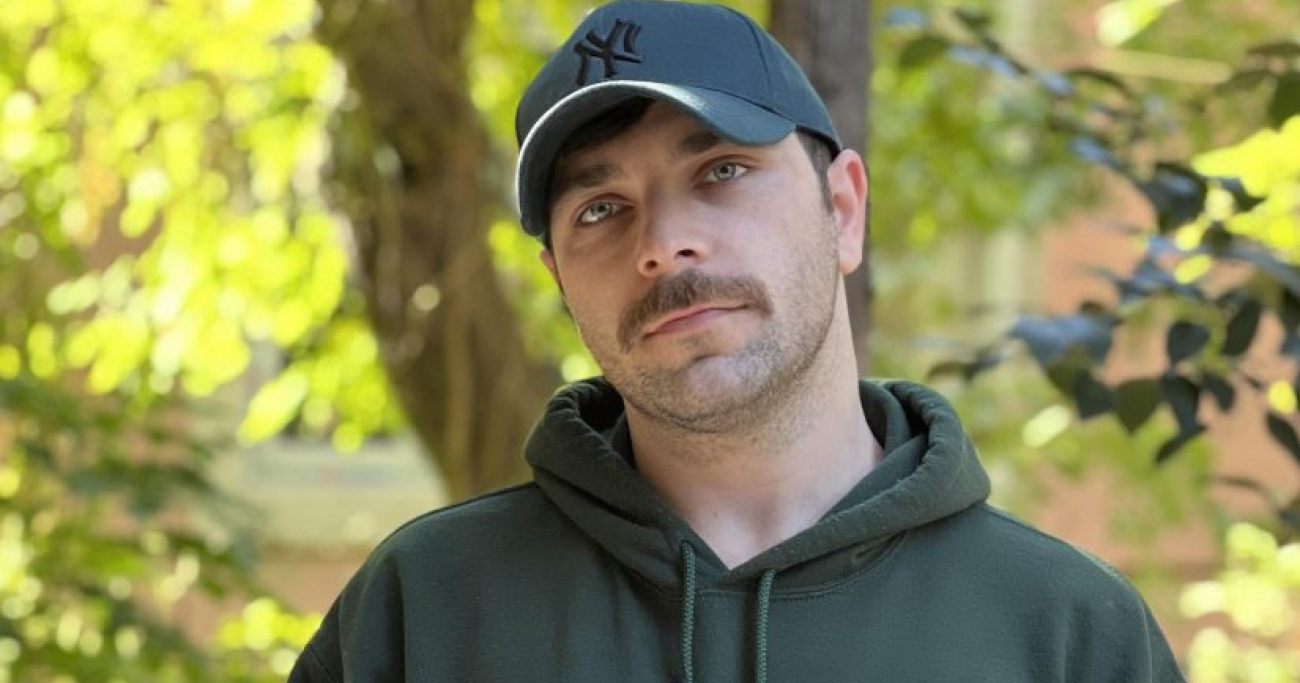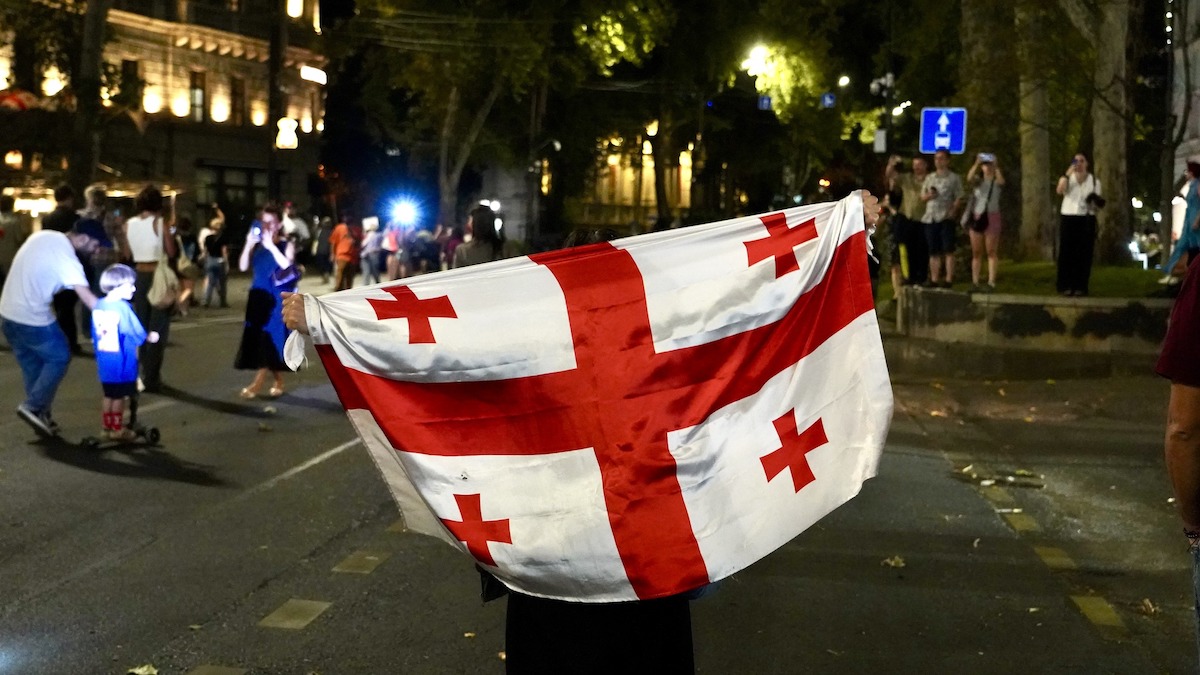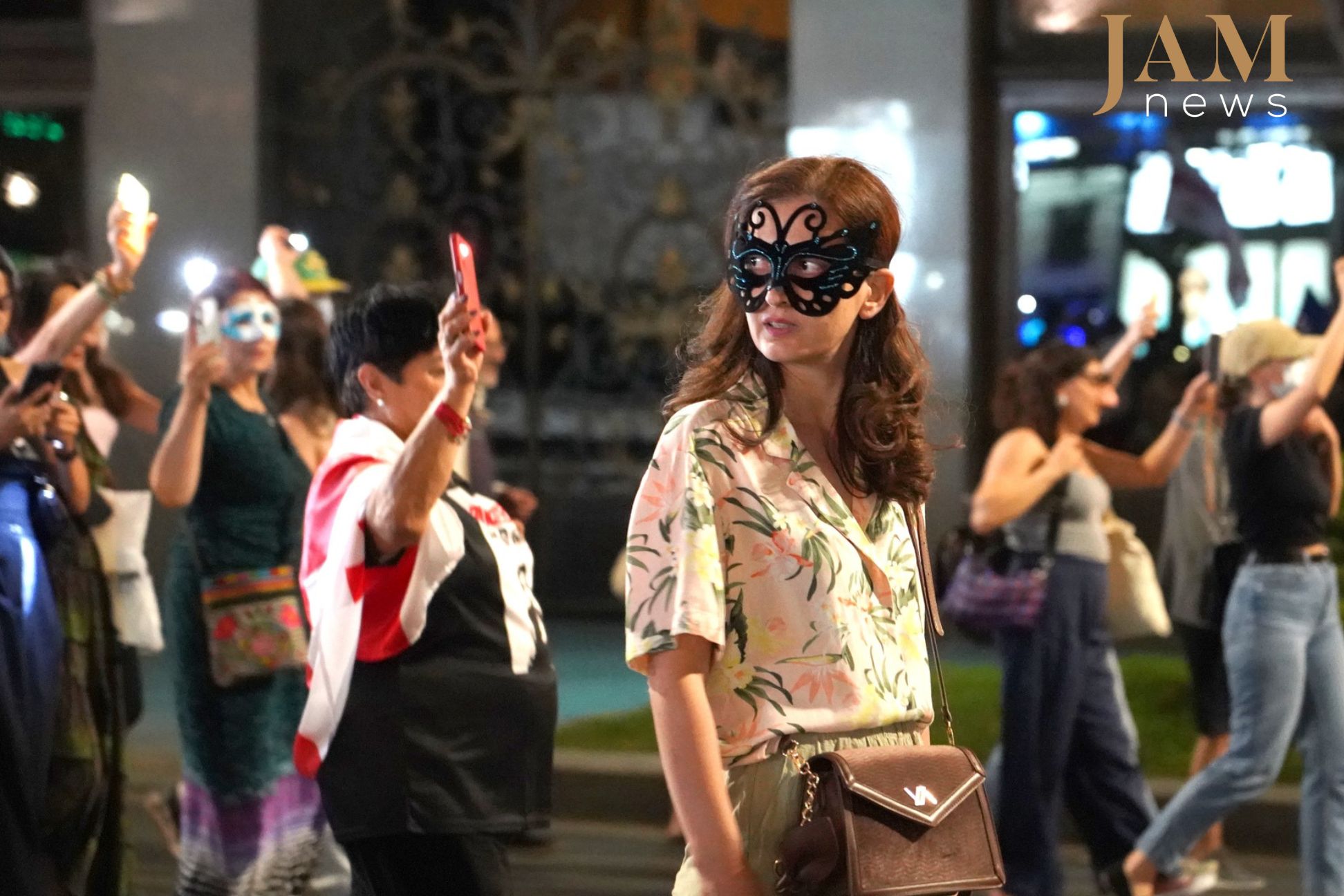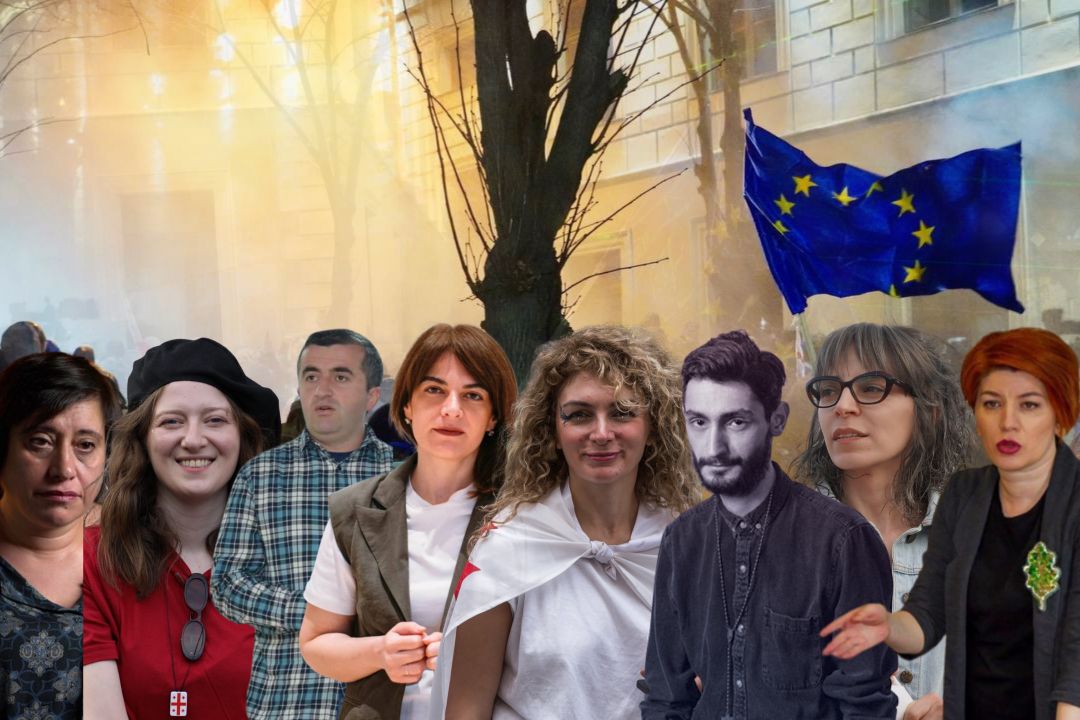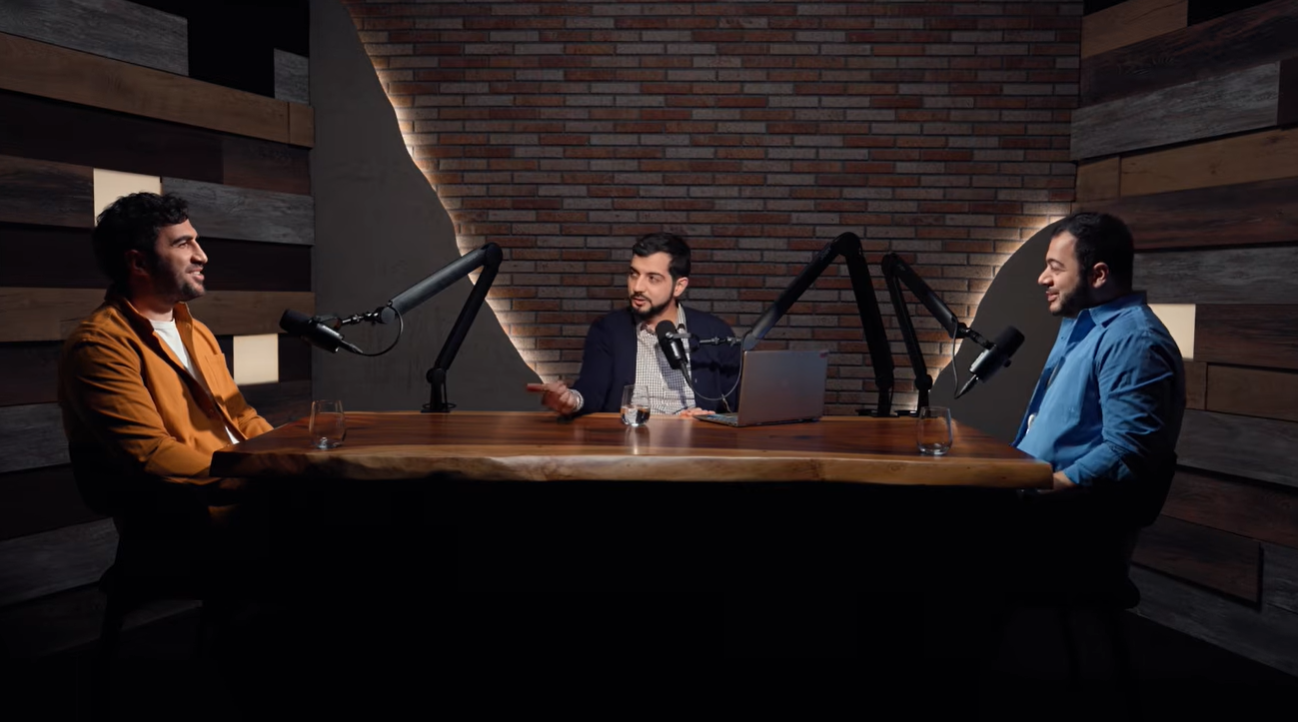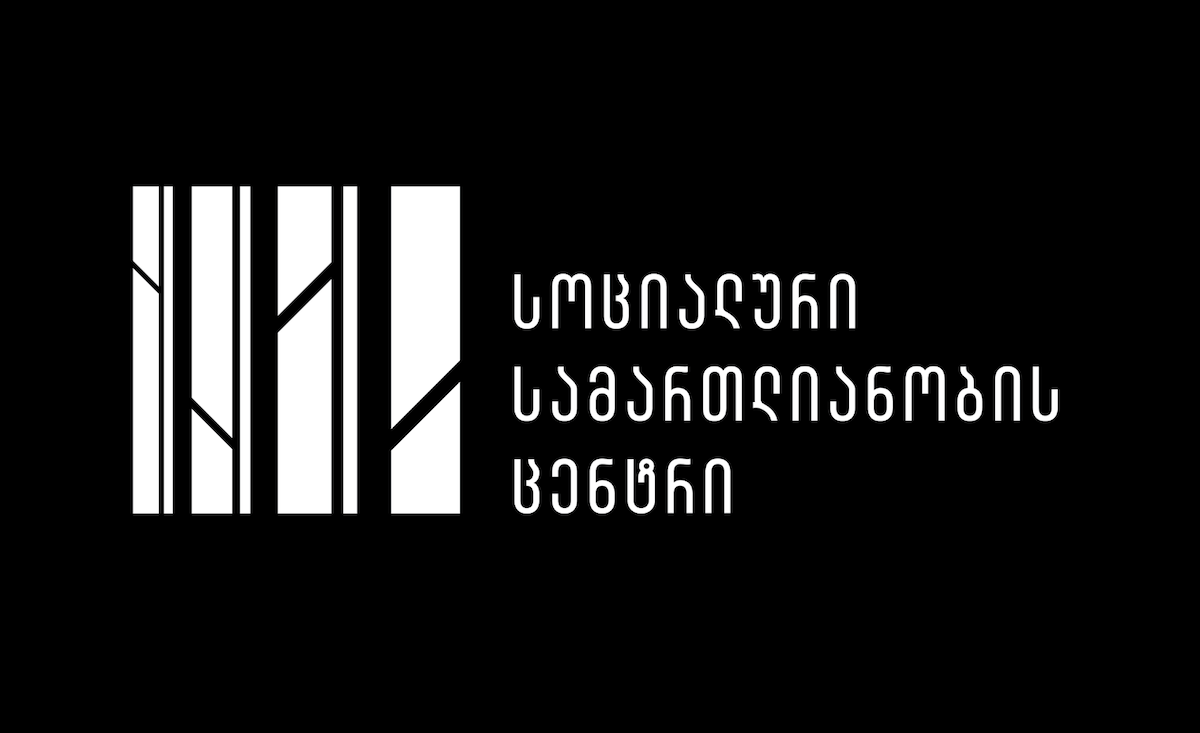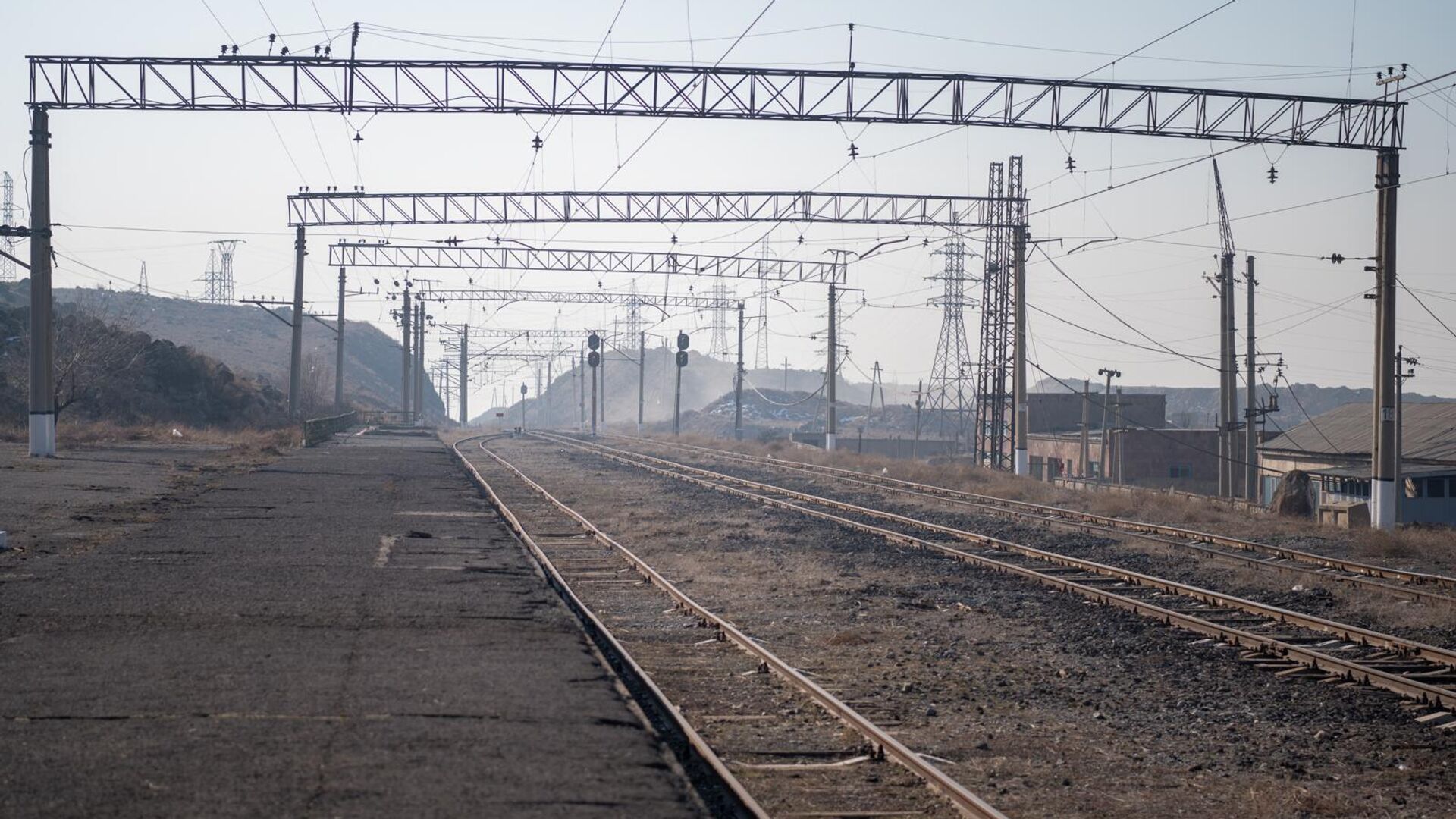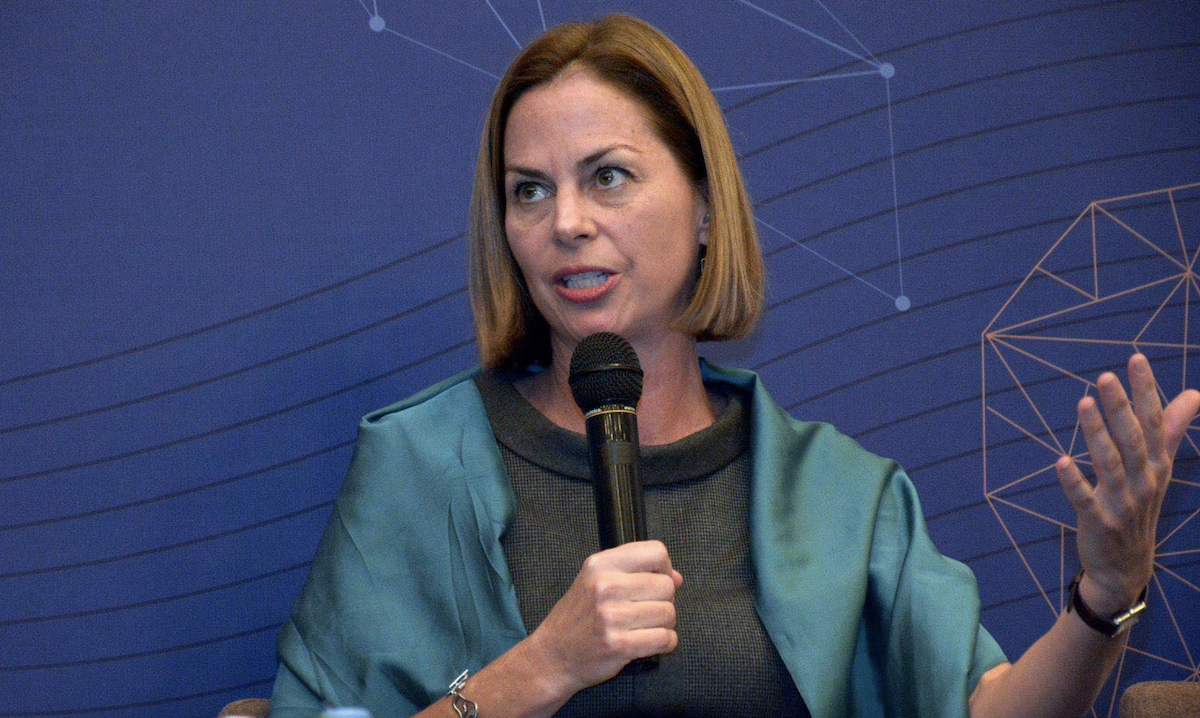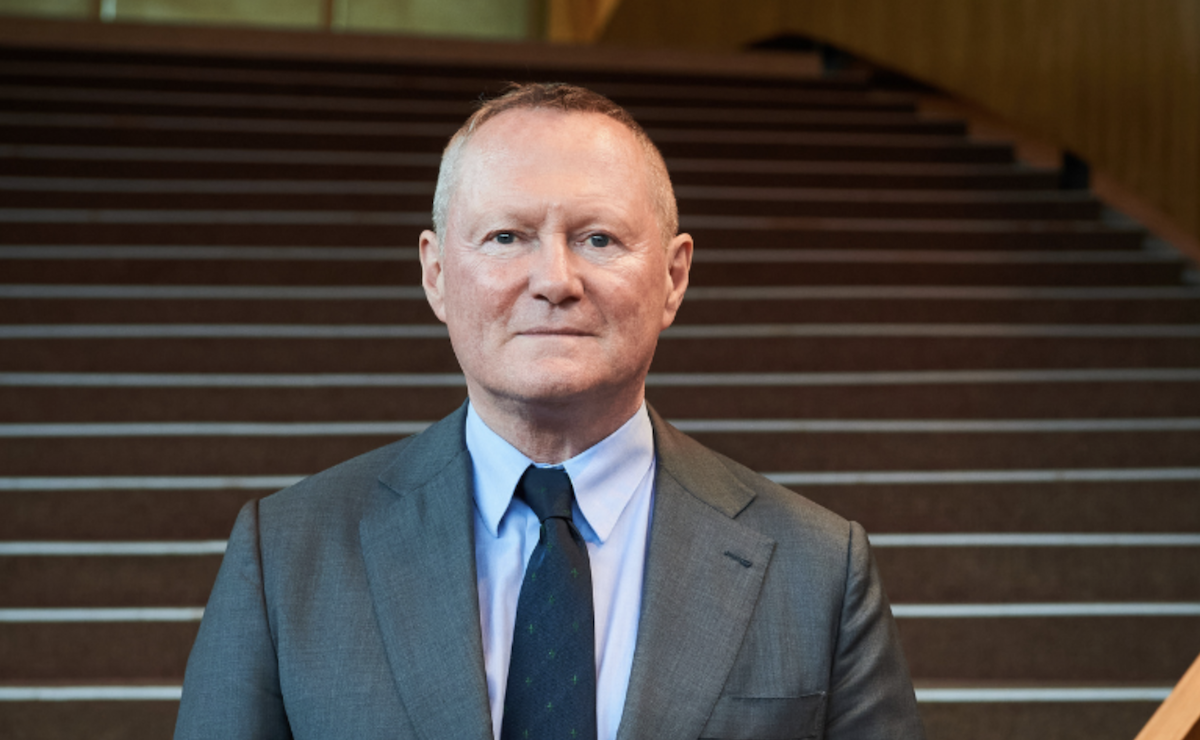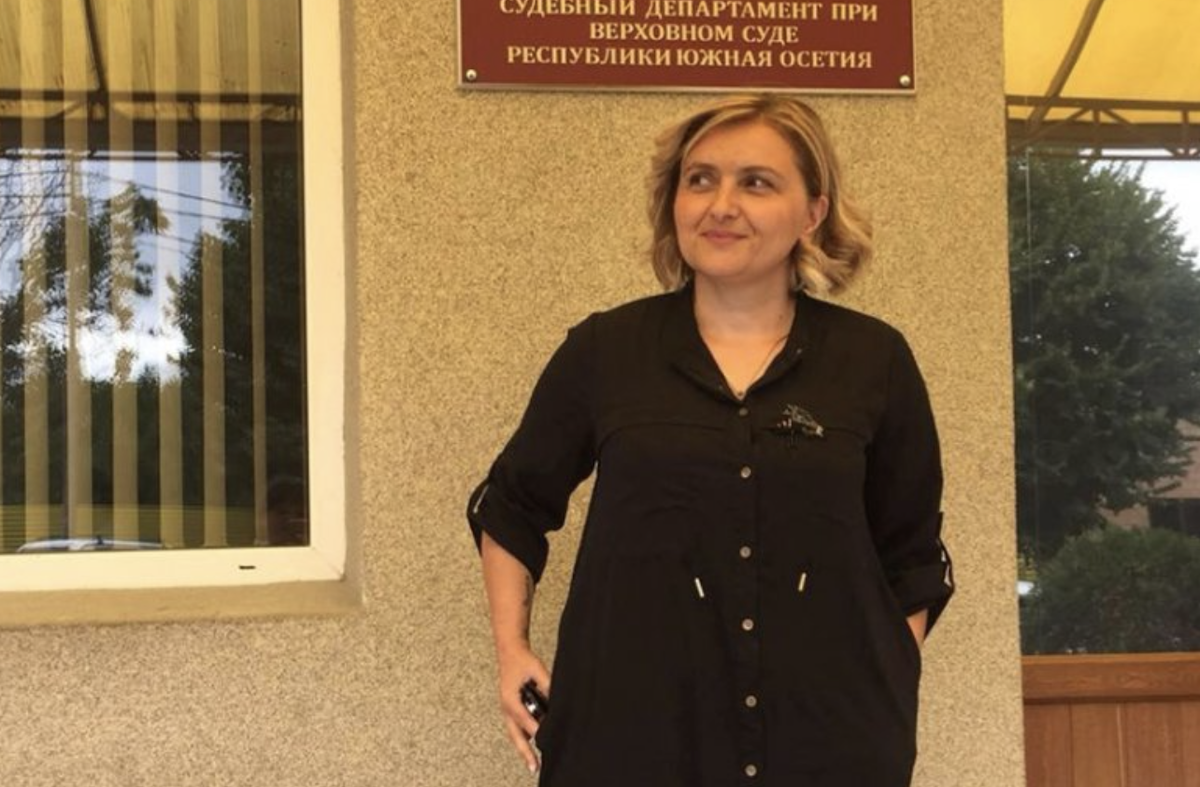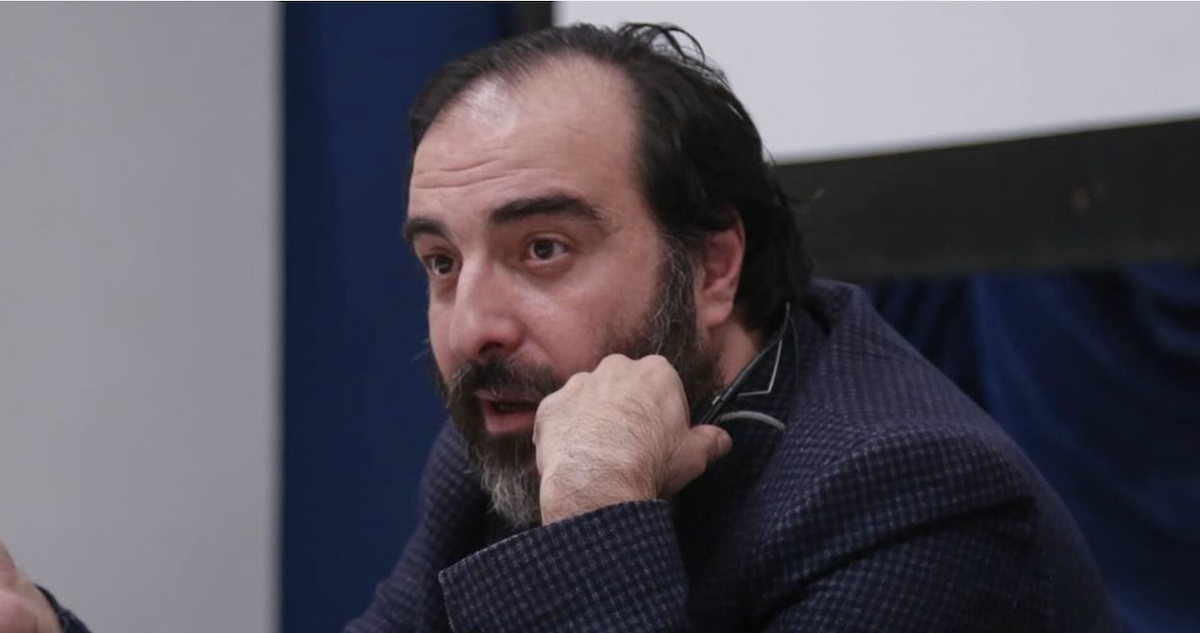Municipal elections and mass peaceful protests: October 4 in Georgia
What will happen in Georgia’s October 4 elections?
Today, October 4, municipal elections are being held in Georgia. Polling stations opened at 8:00 a.m. and, as usual, voting will last until 8:00 p.m.
However, this time the main intrigue is not at the ballot boxes, but on the streets, where thousands of people plan to protest against the ruling Georgian Dream party.
Here’s a brief overview of what to watch for.
Election data
A total of 3,061 polling stations are open across the country, of which 2,284 operate in electronic format and 777 by the traditional method.
The total number of eligible voters is 3,513,818.
In 64 municipalities, new members of municipal councils and mayors of self-governing cities and communities are to be elected.
In total, 64 mayors and 2,058 members of 64 municipal councils will be elected for a four-year term.
Twelve political parties are registered to take part in the municipal elections. All 12 submitted party lists for the Tbilisi City Council elections.
Political situation
The elections are taking place against the backdrop of an ongoing political crisis and a boycott by the largest opposition parties, which have announced a large protest rally in Tbilisi on October 4.
Eight opposition leaders remain in prison. Most of them were sentenced to eight months for refusing to testify before a parliamentary commission set up by the Georgian Dream party to investigate alleged crimes committed by the former ruling United National Movement (now a leading opposition force) during the presidency of Mikheil Saakashvili, who himself has been sentenced to nine years in prison.
The main argument for the boycott is that the opposition, based on the experience of the parliamentary elections held in October 2024, does not trust that any election can be fair under the rule of Georgian Dream.
Among those boycotting the municipal elections are the largest opposition party, the United National Movement, as well as the Coalition for Change, the Federalists, and other opposition parties and groups.
A significant part of the opposition, along with thousands of activists and segments of society, have announced that they will take part in a large protest rally in Tbilisi on October 4.
The declared goal of the rally is to express no confidence in the Georgian Dream government and to peacefully overthrow it.
Events are set to begin at 4:00 p.m., four hours before polling stations close. Thousands of people are expected to gather on Tbilisi’s main avenue.
“Until the end!” is the main slogan of the protesters, signaling their determination to carry out their plan for a peaceful change of power.
The protest has no clear leader, as the Georgian opposition has been effectively “purged”: eight opposition leaders remain in prison, and one has fled into exile to escape political persecution.
Shortly before the elections, the government adopted restrictive laws that further deepened the inequality faced by the opposition.
Pro-European parties taking part in the elections
Only three pro-European opposition groups are participating: the Lelo–Strong Georgia alliance, Gakharia for Georgia, and Girchi.
Lelo–Strong Georgia and Gakharia for Georgia have agreed to cooperate in these elections, signing a memorandum and presenting joint candidates in several electoral districts.
Here’s the English version of your text:
Main candidates for Tbilisi mayor
The candidate from the ruling Georgian Dream party is the incumbent mayor, Kakha Kaladze, who is seeking a third term in office.
The joint candidate from Lelo–Strong Georgia and Gakharia for Georgia is Irakli Kupradze, one of Lelo’s young leaders who entered politics from activism.
The leader of Girchi, Iago Khvichia, is also running for Tbilisi mayor.
Arguments from the opposition participating in the elections
Ahead of the vote, Lelo leader Mamuka Khazaradze once again urged the public to take part in the elections:
“Strong Georgia – Lelo is fulfilling the mandate of the Georgian people. At this historic turning point for the country, we are standing with the people, entering this unjust and unequal struggle together.
We act from a state-oriented position and are fighting by all constitutional means to remove the Georgian Dream regime from power. This is a struggle for every city and village, for the security and social well-being of every citizen.”
Giorgi Gakharia, former prime minister and once a leader of Georgian Dream, has been in Germany for several months. Criminal charges have been filed against him, prompting him to leave Georgia.
Georgian Dream’s position
Georgian Dream has already declared its confidence that it will win in all 64 municipalities, insisting its candidates will secure every mayoral post and gain majorities in all city councils.
What has changed in election law?
These local self-government elections are being held under new rules that, according to most independent experts, have worsened the electoral environment.
Changes in electoral rules
● In the proportional (party) system, the electoral threshold has been raised to 4% (in the previous elections it was 3% in the regions and 2.5% in Tbilisi). This means that only parties surpassing 4% will be represented in local self-government bodies.
● The 40% threshold previously required for the election of a candidate under the majoritarian system has been abolished. Now, the candidate with a simple majority of votes is declared the winner.
● The share of majoritarian candidates has significantly increased. Experts believe this gives an additional advantage to the government, which is known to use administrative resources during elections.
● For the first time, local self-government elections will be held in electronic format. Georgia has previously held only one electronic vote — the parliamentary elections of October 26, 2024.
International observers — 13 times fewer than usual
On October 4, only 81 international observers will monitor the municipal elections — almost 13 times fewer than in the 2021 elections, when their number reached 1,024.
Who is observing:
- A total of 28 international organizations have been accredited.
- The largest group — 20 observers — was sent by the Serbian association ALTERFACT.
- The Hungarian Embassy and the Hungarian “Center for Fundamental Rights” each sent 7 observers.
- Other organizations are represented by just 1–3 people.
- Observers from 24 countries are registered with the Central Election Commission, including Jordan, Tunisia, the Maldives, Turkey, Ethiopia, and Belarus.
More than 7,000 local observers will also be present.
Most (about 6,000) represent two organizations reportedly closely linked to the ruling Georgian Dream party.
They are the “International Observatory of Lawyers and Jurists” and the “Political and Legal Observer.”
For comparison:
In 2021, 52 international organizations monitored Georgia’s local elections. More than half were from the OSCE Office for Democratic Institutions and Human Rights (ODIHR) — 516 in the first round and 558 in the second.
This time, OSCE/ODIHR observers will not come.
In June, Georgian Dream declared that the presence of ODIHR at municipal elections would be “an excessive burden for the process.” Later, less than a month before election day, an invitation was issued — but the organization said it could not organize a mission on such short notice.
No observers from respected local NGOs will monitor the vote either.
Among them is ISFED (International Society for Fair Elections and Democracy), which had monitored every election in Georgia for the past 30 years.
ISFED said Georgian Dream had adopted repressive laws making their work impossible.
Statements from international organizations
On the eve of the elections, Amnesty International highlighted the repressive measures being taken in the country:
“Municipal elections on October 4 are taking place amid harsh political repression against opposition figures and civil society,” said Denis Krivosheev, Amnesty International’s deputy director for Eastern Europe and Central Asia.
“In Georgia, opposition leaders are in prison, civil society organizations are persecuted. The authorities are running their campaign in an environment that violates the rights to freedom of expression, association, and peaceful assembly,” Amnesty said.
“Dissent in Georgia is effectively criminalized.”
Two days before the elections, the Parliamentary Assembly of the Council of Europe (PACE) adopted a resolution titled Support for Democracy and Rule of Law in Georgia.
It passed with 69 votes in favor, 7 against, and 2 abstentions. “The very existence of democracy in Georgia is in question,” the resolution stated.
The Georgian Dream government warns of ‘sabotage’
The new head of the State Security Service, Mamuka Mdinaradze, claimed that “radicals are planning unrest on October 4, and their plan has been exposed.”
According to him, the “radical front” has three components:
1. Youth groups — several hundred young people organized by “well-known organizations.”
2. “So-called militant groups from the former government, gathering in dozens of squads, organizing violence and inciting youth.”
3. A group of opposition politicians who “provide PR packaging.”
Mdinaradze said these three components do not follow a single coordinating center but do share a common plan for October 4.
The opposition’s plan
The rally on October 4 will begin in Tbilisi at 16:00. Protesters will head toward Rustaveli Avenue from several gathering points.
- Students will start marching from the courtyard of Tbilisi State University at 15:00.
- Other groups plan to gather near the Philharmonic at the same time.
The protest does not have a formal organizer, but several figures are visibly active, including world-renowned opera singer Paata Burchuladze.
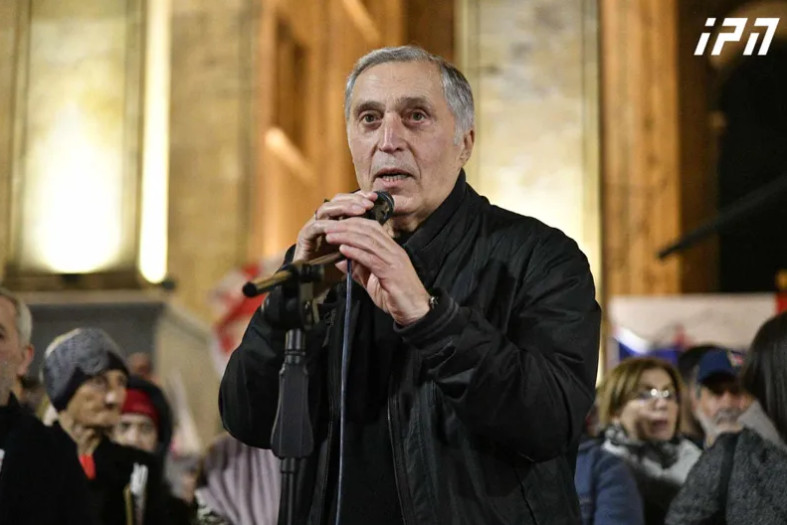
Paata Burchuladze has been involved in Georgian politics since 2016. In May of that year, he founded the movement State for the People and ran with it in parliamentary elections.
The bloc failed to pass the 5% threshold required to enter parliament, but Burchuladze nonetheless remained active in politics.
From the very beginning, Burchuladze has been engaged in the country’s pro-European protests. Every evening, he appears on Rustaveli Avenue in Tbilisi. He is the leader of the movement Rustaveli Avenue Мovement.
This movement emerged spontaneously during the pro-European demonstrations. It brings together people from different fields who rally around the idea of a “Georgia without Ivanishvili.”
Another person who has recently been fully focused on the October 4 rally is Levan Khabeishvili, the former chairman of the country’s largest opposition party, the United National Movement.
He is currently in prison.
Levan Khabeishvili faces charges under two articles: publicly promising bribes to officials and attempting a coup. He was arrested by the security services for public statements he made in connection with October 4.
Khabeishvili promised rewards to law enforcement officers who refuse to follow illegal orders and who brutally disperse protesters.
Many questions are arising in society, including among the protest electorate, about the October 4 rally.
The main question is: what will happen on that day?
“Everything begins and ends on October 4,” says Paata Burchuladze in every speech.
Other supporters do not fully share this rhetoric and say that if everything does not end on October 4, it does not mean the protest is over.
They emphasize that pro-European protests in the country have been ongoing for more than 10 months, and these processes should culminate in a change of regime, no matter how long it takes.
Burchuladze expects between 200,000 and 300,000 people to attend the October 4 protest. He says the rallies will take place in three locations and three questions will be addressed.
The main question is: does the Georgian people want to take control of the country into their own hands? He hopes that everyone will answer this question affirmatively.
Paata Burchuladze says that after this, essentially, “the people will take the reins of the country into their own hands, and a technical government will be formed.”
News in Georgia











